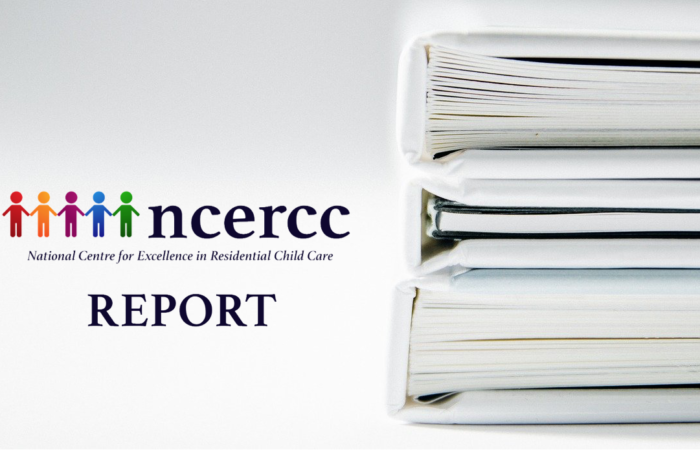
New Ofsted Announcement Triggers Call for Inquiry into Supported Accommodation
A new announcement by government is yet another reason for an Education Select Committee inquiry into Supported Accommodation.
https://www.gov.uk/guidance/connecting-people-to-a-supported-accommodation-service
The change removes a vital step in assessment of suitability and fitness.
Applicants to become a role of responsibility will no longer need to complete a pre-interview questionnaire. Suitability will be assessed at interview stage.
Ofsted needs to know about everyone with a ‘role of responsibility’, a governance or management role.
Until now Ofsted have only proceeded once they had received all the information, the application was then seen as complete.
This change appears to have been brought about by pressure on Ofsted.
Due to the exceptionally high number of applications, it is taking us longer than usual to process new submissions. If you are applying to register, it is likely to be several months before you receive a decision.
Pragmatics overruling principles always brings problems. Pragmatics have been the slippery slope for Supported Accommodation.
In the light of current use (see below) the changes that enabled Supported Accommodation must be scrutinised closely, the loss of care status, the reduction of qualifications and experiences of staff.
A prime motivation for Supported Accommodation was pressure to meet arbitrary financial, fiscal, figures. The introduction was as speculative as it was swift. It was not a systemic necessity.
The Education Select Committee needs to draw in to their Inquiry the current position of Staying Put and Staying Close. In many places it seems now they have been substituted by Supported Accommodation.
The focus for the Education Select Committee has to be to be three-fold.
- To ascertain if the sector now is as was originally proposed.
- To scrutinise the original proposal in the light of current use.
- To gather evidence of the current use of Staying Put and Staying Close.
Ofsted has publicly shared their worries – see the following blog from Yvette Stanley, Ofsted social care director Supported accommodation – it can be right for some older children, but not for all – Ofsted: social care
Here Yvette states her worries concerning the use of Supported Accommodation
‘Where young people of this age have needs that would best be met in a children’s home or foster care placement, that is where they should be placed… Supported accommodation caters for children aged 16 and 17 who have relatively high or increasing levels of independence, who are ready to gain further skills in preparation for adult living, and who do not need or want the degree of care or type of environment provided in a children’s home or foster care.’
What is the role and task for Supported Accommodation now? It needs to revisited.
More evidence for the need for an Inquiry from Yvette Stanley again
“…hear the use of terms such as ‘higher needs support’ or ‘high support’, which stretch the parameters of supported accommodation too far… In some cases, it means that providers are operating unregistered children’s homes and that children are not getting the care they need from people who are suitably skilled and qualified.
The Supported Accommodation Association Supported Accommodation Association > Residential Children’s Homes posted ahead of a recent event that ‘The Guide to the Supported Accommodation Regulations make it clear that supported accommodation is NOT the right setting for young people with ‘complex needs’, or those who may be considered ‘high risk’.
At the time of proposal government in its consultation regarding Supported Accommodation received strong focussed evidence that showed the required application of theory and practice to safeguard children, for children to thrive. The concept of assessed ‘readiness’ was presented in the consultation but rejected as not necessary. In light of current use, it is absolutely a necessity.
The potential consequences of ignoring and pressing on were made known.
The ‘art of the possible’ is a current meme of children’s services. Another way of looking at it is to ask where does prioritising pragmatics over principles place children?
This change by Ofsted has been referred to the Human Rights Committee Inquiry and to the Education Select Committee.



